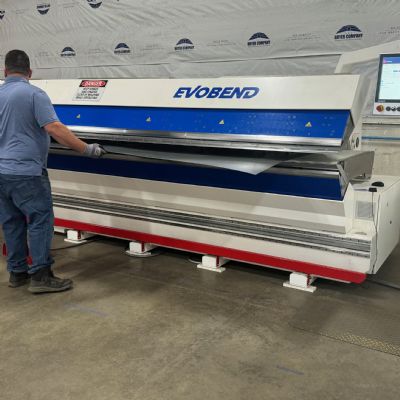Irv Didn't Invent Taxes, Just 227 Ways to Beat Them, Legally
July 1, 2009Comments
Would you believe that just the basic tax law—the Internal Revenue Code and the regulations—have about 50,000 pages (small print). Complex! Changes abound! Most of all, no logical, organized theme.
Then there’s a constant stream of IRS rulings and case law. No one person can know it all…certainly not the geniuses in Congress that pass the law…nor the IRS, the designated driver to enforce it.
There are three main ways the federal tax law picks your pocket and becomes your legal partner: 1) payroll taxes, 2) income tax, and finally, a huge slice of your wealth via 3) the estate tax.
The purpose of this article is to show you how to fight back. One day, just for fun, we (four tax guys) started to count the ways to legally get around paying the three taxes listed. We were just getting warmed up, got to 227 and stopped.
Following are five of the dozens of tax-saving areas that come up most often, are not known by most professionals or prevent the biggest loss of your money to the IRS or others. All examples are of real-life taxpayers and readers of this column who have asked for help.
Payroll Taxes
This money-stealing parasite is persistent and expensive: In 2009, $16,404 to the taxman (employer and employee share) on your first $106,800 of earnings. That’s a scandalous 9.76 percent. Earnings above $106,800 (there is no limit) pay an additional 2.9 percent. Here are the three most common lose-payroll-taxes-to-the-IRS mistakes:
- Joe, the owner of an S corporation, taxes a large salary (often $500,000 or more) and takes a huge bonus at year end to bring profits down. A dividend (tax-free if you are an S corporation) instead of compensation would save a bundle of unnecessary payroll taxes and cost not one penny more in income taxes.
- The spouse of the owner takes a salary, yet doesn’t work or is overpaid. It is much better taxwise to give them a gift.
- Operating a business as an LLC, which makes all income to owner(s) subject to payroll taxes…a no, no.
We have several different ways to save $10,000 or more per year on payroll taxes.
Asset Protection
In a heartbeat, your family wealth, including your business, can be depleted—even destroyed—by a lawsuit.
For your business, the core strategy is to keep your business thin: Only keep those assets, typically necessary cash, inventory and receivables, needed for operations in your business. Here are the basics substrategies:- Elect S corporation status;
- Any new real estate or expensive equipment (include the little stuff if it adds up) should be owned by you (via separate LLCs) and leased to your operating company.
- Never own delivery vehicles in your operating company. Put the vehicles into a separate corporation, an LLC or just put your best entrepreneur-type driver in business and rent your old vehicles.









